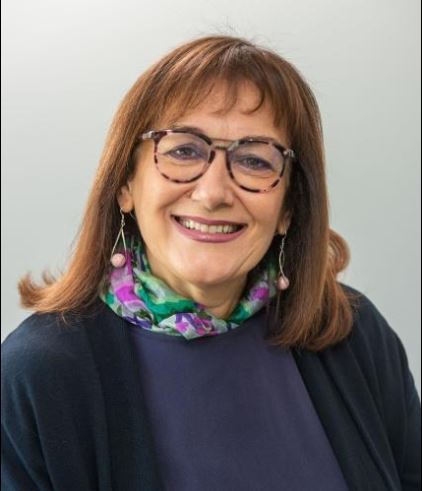Ireland’s example guides Europe’s deliberative democracy
Over the last decade, Ireland has led by example, strengthening democracy through citizens’ assemblies. This has inspired the Conference on the Future of Europe – a citizens-led series of debates, which is now coming back to Ireland for more inspiration. The Conference takes place across borders and languages, across cultures and histories, aiming to leave no one behind.
This weekend, Dublin Castle will host around 200 citizens from across Europe. These citizens, from all walks of life, will discuss Europe’s future, from the perspective of a ‘stronger economy, social justice, jobs, education, culture, sport, digital transformation’.
Being European, means you are part of a unique, living project that enables everyone to reach their full potential and exercise their rights. It means living in societies that aim to maintain peace and unity, while appreciating and protecting our diverse backgrounds, cultures and languages.
However, we cannot take this for granted. Democracy is not static and we should be able to respond to a constantly changing and evolving world. We need to make our democracy fit for the future. This is what the Conference on the Future of Europe is doing.
The Conference is an innovative exercise in deliberative democracy. It underpins representative democracy. Parliaments are places for decisions. The Conference, however, is a place of deliberation – which takes time – because it is not about changing people’s minds, but about coming to consensus in a transparent and inclusive process. It is an ideal way to address issues and chart a path towards our common future. Here, I would like to especially thank the Irish people for demonstrating how to engage with modern deliberative democracy through citizens’ assemblies, which have set the example for European citizens to participate in the Conference and shape the future of the EU.
European Citizens’ Panels such as the one in Dublin, provide considerable insights and innovative ideas. They gather randomly selected people from across Europe of different generations and backgrounds. One third of participants are aged between 16 and 25, because we cannot discuss the future without young people.
The 200 Europeans in Dublin Castle have the chance to voice their concerns and recommend how the EU can deal with the challenges ahead. Then, 20 citizens will present and debate their proposals with MEPs, national politicians, European Commissioners, and other EU bodies and civil society in March and April, in Strasbourg, France.
By summer, the Conference will reach conclusions and provide a vision on the future of Europe. Then, it is for EU leaders and institutions to act, to construct our shared future.
This Conference is a unique and historical opportunity. We must grab it with both hands and, together, shape the European Union that our citizens want for themselves and generations to come. A whole of society approach is required to get this right. We must get this right if we want to leave to future generations a ‘democracy’ that is worthy of the name.











